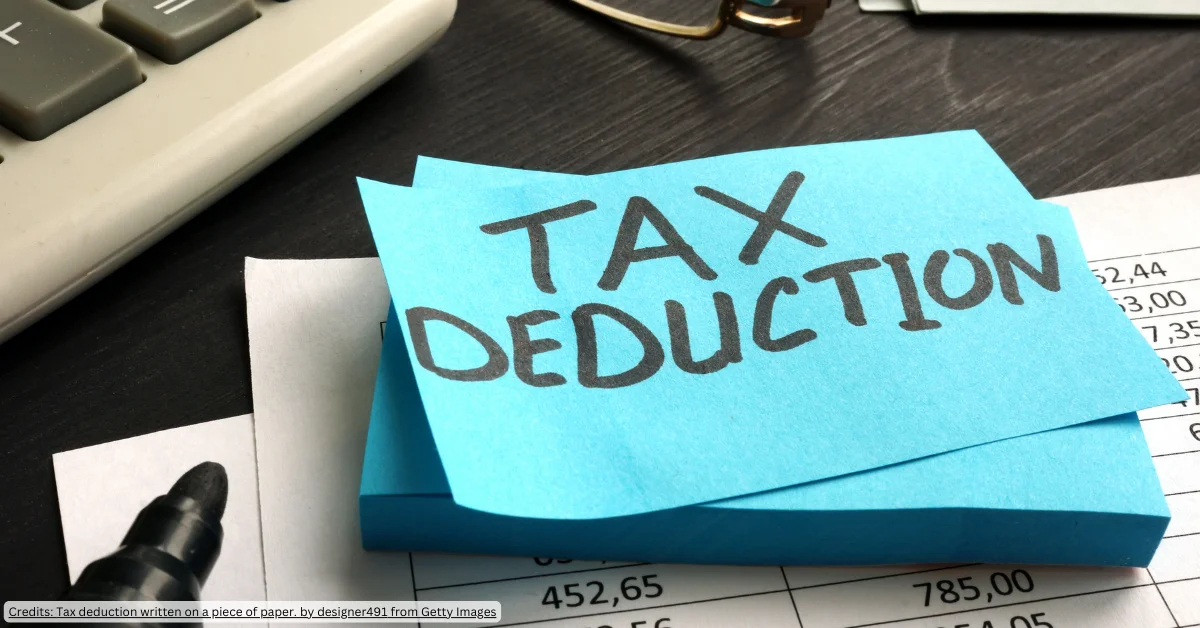The Australian Taxation Office recognises that non-profit organisations show a strong desire to ‘get it right’ and tend to be highly compliant with their tax obligations. Only a small number ignore their responsibilities or deliberately attempt to abuse concessions. For the majority, compliance issues arise mainly due to honest mistakes or a lack of knowledge.
Our aim is to provide the right balance of information, guidance, support and audit activity for the non-profit sector. In our Compliance Program 2009-10 we outline the year’s compliance work which includes reviewing activities not consistent with any special exemption, deliberate misuse of tax concessions, and ensuring taxable non-profit organisations understand and meet their obligations.
Changing activities after endorsement
We recognise that the purpose and activities of an organisation endorsed as a tax concession charity and/or a deductible gift recipient (DGR) may evolve and change over time. Such changes may mean that an organisation is no longer entitled to be endorsed. For example, the dominant purpose of an organisation endorsed as a public benevolent institution (PBI) must be to provide direct relief of needs that arouse community compassion, such as assisting the long-term unemployed. If this changes over time to, say, providing general training for the public, the organisation would no longer be entitled to its PBI status and its endorsement would be revoked. This could have significant tax consequences.
It is therefore important that endorsed organisations review their operations at least annually or when there is a major change in their structure or operations. Our guides Income tax guide for non-profit organisations (NAT 7967) and GiftPack (NAT 3132) contain worksheets that will help with these reviews. If an organisation is no longer entitled to endorsement, it needs to let us know in writing.
Incorrectly self assessing as income tax exempt
A common misconception is that all non-profit organisations are exempt from income tax. In fact, many are taxable and may need to lodge income tax returns and pay income tax.
To be exempt, an organisation must fall within an exempt category in the tax law. Its constitution must show it is non-profit and does not distribute to its members. Many organisations can self-assess their exemption. However if an organisation is a charity, it must be endorsed by us to be exempt. Organisations that self-assess as exempt should regularly review their entitlement. The Income tax guide for non-profit organisations (NAT 7967) will help organisations with self-assessment and non-profit requirements.
Advertising entitlement to receive tax-deductible donations when not having DGR status
Another misconception is that all charities can solicit tax deductible donations. To be entitled to receive deductible gifts, an organisation must be a DGR – either endorsed by us or listed by name in tax law – before advertising tax deductions to the public. To be endorsed, an organisation, or a fund, authority or institution it owns or operates, must fall within a DGR category under tax law. This endorsement is separate to the charity endorsement. Our guide GiftPack (NAT 3132) explains the requirements and process for DGR endorsement.
In some cases, organisations have advertised that donations made to themselves are tax deductible because of their ‘partnership’ with a DGR. The donations are not deductible unless they are made directly to, or collected for, the organisation with the DGR status. See our guide Fundraising (NAT 13095) for more information.
Incorrectly calculating taxable income
Some common errors we see taxable non-profit organisations make when calculating their taxable income include omitting income derived from external parties, not having an accurate non-member percentage because they have not regularly reviewed their member/non-member attendance, and incorrectly claiming deductions for member expenses. This year, we will release a new guide to help organisations comply with their obligations and will provide an opportunity for voluntary disclosures of any mistakes made.











